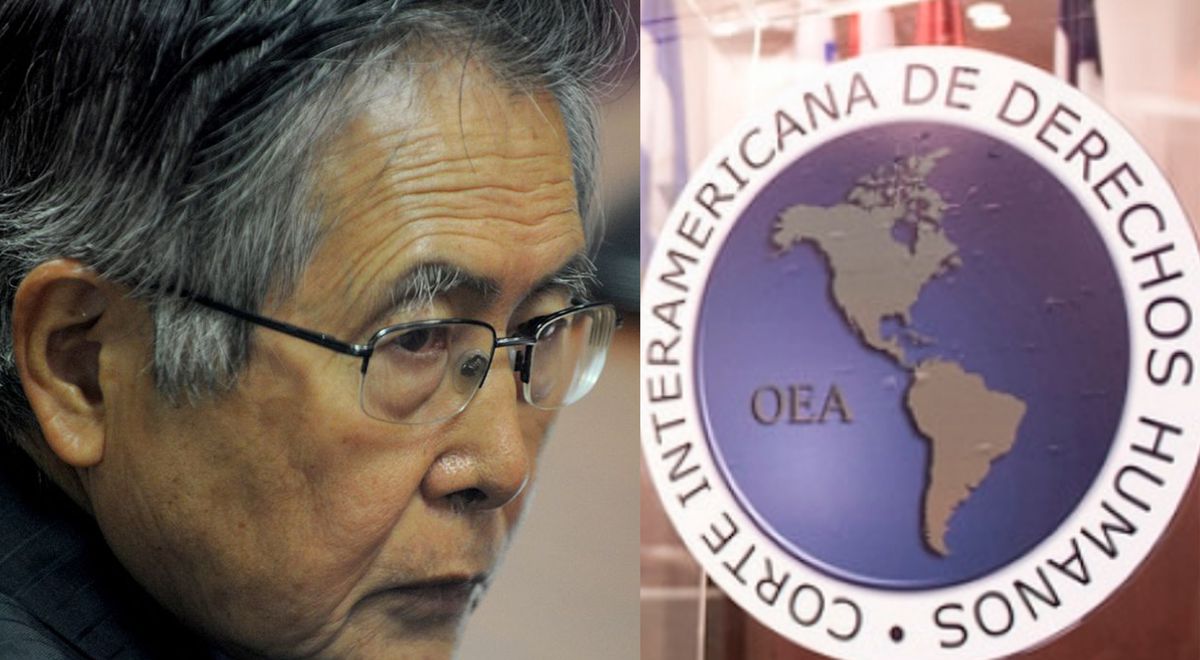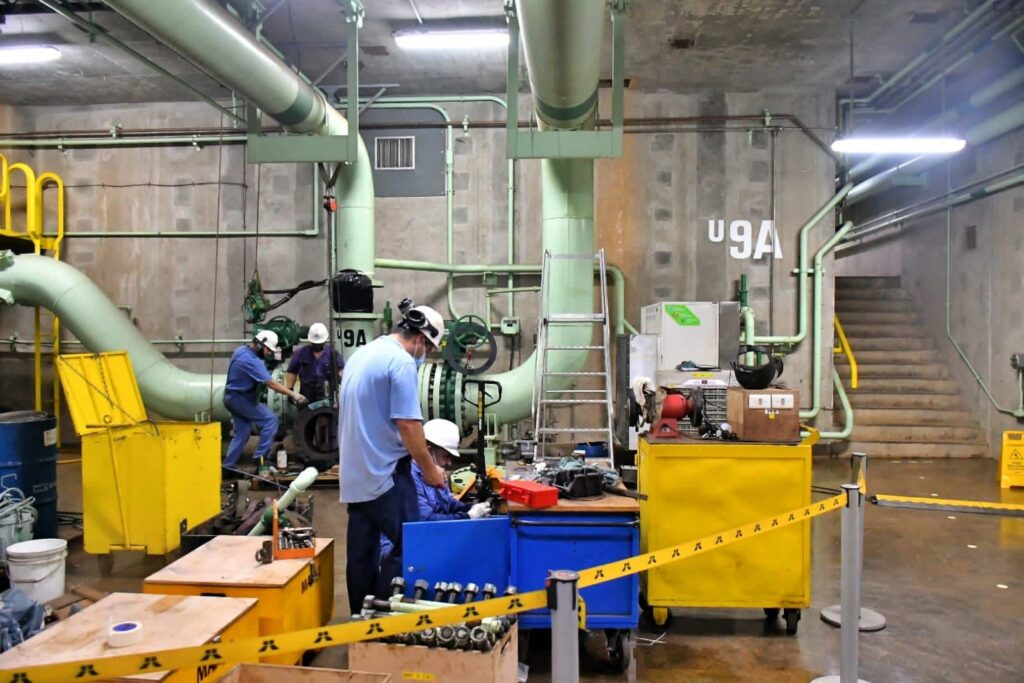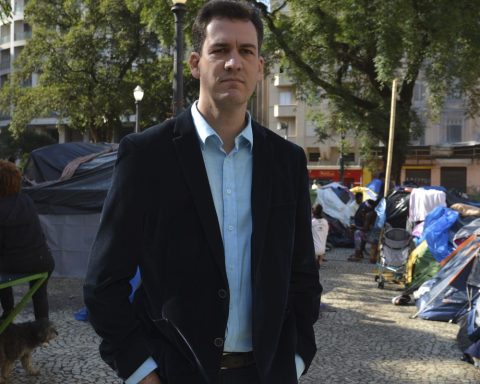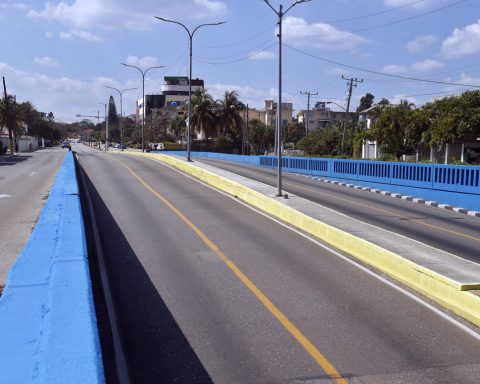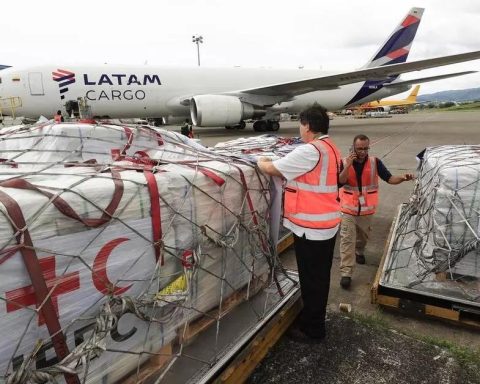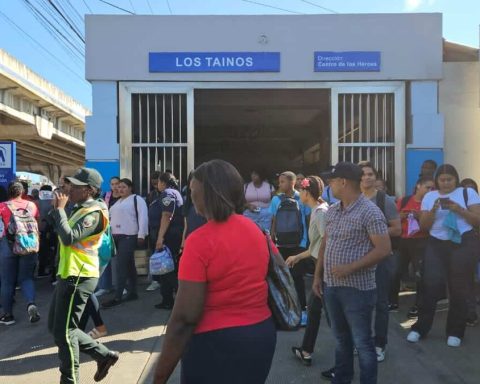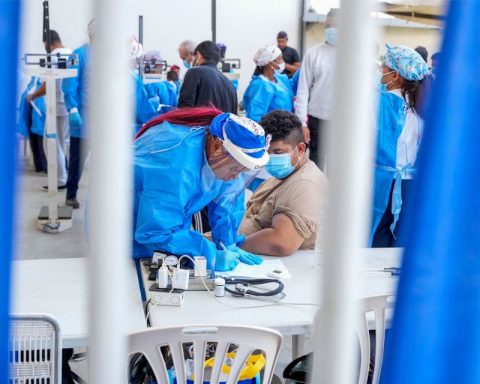Last March 17, the Constitutional Court declared habeas corpus founded requesting that the effects of the pardon granted in December 2017 by the former president be restored Peter Paul Kuczynski in favor of former dictator Alberto Fujimori. the magistrates Eloy Espinosa-Saldaña, Marianella Ledesma and Manuel Miranda voted against granting him pardon, while Jose Luis Sardon, Ernesto Blume, and Augusto Ferrero They did the same for you. The casting vote of the latter served for the ruling to conclude in favor of releasing Fujimori.
Days later, Ernesto Blume’s speech was released, which was harshly criticized by experts and lawyers in the field of human rights due to its shortcomings and lack of legal foundations. “If the sentence is like this paper, the three magistrates They signed a tome in order to free Alberto Fujimori,” said Jo-Marie Burt.WOLA Senior Advisor for Peru Affairs and Professor of Political Science.
Likewise, it criticized the reasons for which it is stated that the criminal judge and the Supreme Court are not competent to evaluate the pardon and argued that it is not mentioned why their resolutions on the irregularities in the processing of the presidential grace would be subjective.
“The Supreme Court resolution that annuls the 2017 pardon supports the vices that surround it, but Blume’s paper rejects them without having analyzed them, and it simply says that they are subjective,” he said.
In that same line, Juan Jose Quispelawyer of the Legal Defense Institute (IDL)which defends relatives of the Barrios Altos case, showed that no mention had been made that it is a case of human rights violations and crimes against humanity, as pointed out by the Inter-American Court of Human Rights (IACHR Court).
“It is clear that they have done it to justify the release of Fujimori, in an absurd, unmotivated and unconstitutional manner, and above all that violates the Inter-American Convention on Human Rights”, he said previously in conversation with The Republic.
Added to this opinion Gloria Cano, from the Association for Human Rights (Aprodeh)who said that the presentation mentions that there is no legitimacy on the part of the victims to present actions against the pardon of the former dictator.
“It even points out that the victims do not have the legitimacy to present an action of conventionality on the pardon because a conviction has already been given, but it is not like that, since there is jurisprudence of the human rights system regarding the right of participation of the victims”, he mentioned.
Inter-American Court could decide even without receiving information from the Peruvian State
Since the document has not been officially published, the Supranational Attorney could not forward the habeas corpus judgment that free former dictator Alberto Fujimori to the Inter-American Court of Human Rights. However, according to sources from the Ministry of Justice, only a partial report would be submitted with the commitment to send the ruling of the Constitutional Court (TC) once it is ready.
Despite the fact that unofficially it has transpired that the date on which the TC will issue the sentence in favor of Fujimori would be Monday, March 28, in the Ministry of Justice it is considered that the Inter-American Court could make a decision on the release of the former dictator even without a full response from the Peruvian state.
Sources point out that it is quite likely that the Inter-American Court will convene a hearing in which the representatives of both the victims and the State will be heard. Likewise, the autonomous judicial body of the Organization of American States (OAS) has made public that on Wednesday, April 6, it will hold a hearing on compliance with the ruling in the Barrios Altos case, referring to compliance with reparations. It is presumed that in that same hearing the issue of habeas corpus and the pardon granted by Pedro Pablo Kuczynski will be seen..
